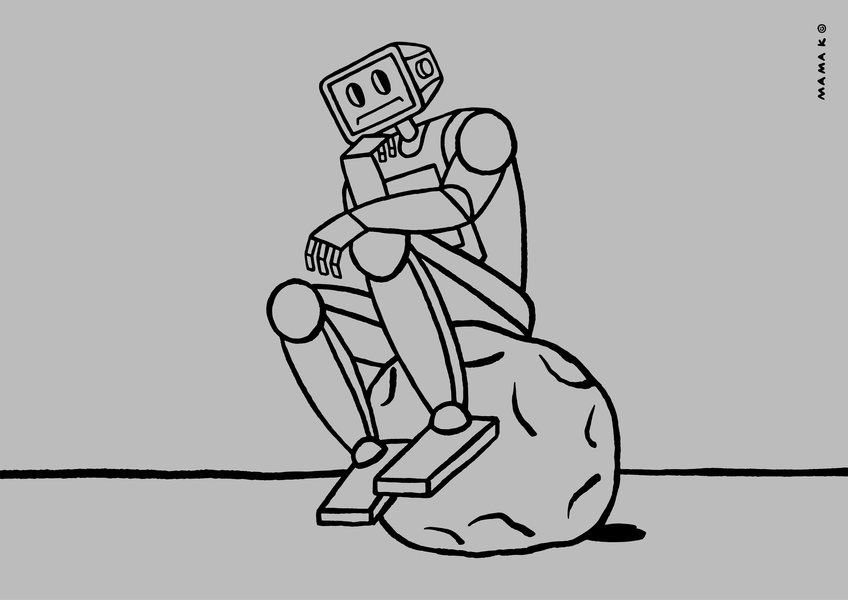
The Challenges of Artificial Intelligence and the Criminal Law of Tomorrow
As the century proceeds, artificial intelligence (AI) will become increasingly present, not only in our daily lives but also in courtrooms. Using both theoretical and practical approaches, the aims of this research project are, on the one hand, to analyze who might potentially bear liability for crimes committed “by” or “through” AI systems and, on the other hand, to examine the possible support that such systems can offer in court as tools for assessing the probability that offenders will recidivate.
With regard to the first research area: Given that it does not seem possible, at this time, to hold AI systems directly liable for any criminal activity they might engage in, the aim is to investigate the criminal liability of various persons “behind” the AI. From a theoretical point of view, the purpose is to focus on potential grounds for criminal liability, including criminal liability for omission as well as for negligent use of the intelligent system. From a practical point of view, the intention is to investigate a typical area of negligence liability, namely road traffic liability, with a focus on issues of criminal liability connected to the use of self-driving cars.
With regard to the second research area: From a theoretical point of view, the aim is to investigate the concepts of recidivism and social dangerousness that, although they are concepts of substantive criminal law in the Italian legal system, come into play in criminal proceedings. From a practical point of view, the intention is to examine the use of predictive algorithms in court: on the one hand, such systems can support the judge in assessing the probability that an offender will recidivate; on the other hand, they exhibit some problematic characteristics (e.g., lack of transparency and discriminatory tendencies).
| Expected outcome: | book, two scientific articles, two reports |
|---|---|
| Project languages: | Italian, English |
| Timeframe: | 01/2023 – 12/2027 |
| Graph: | © Mamak |










